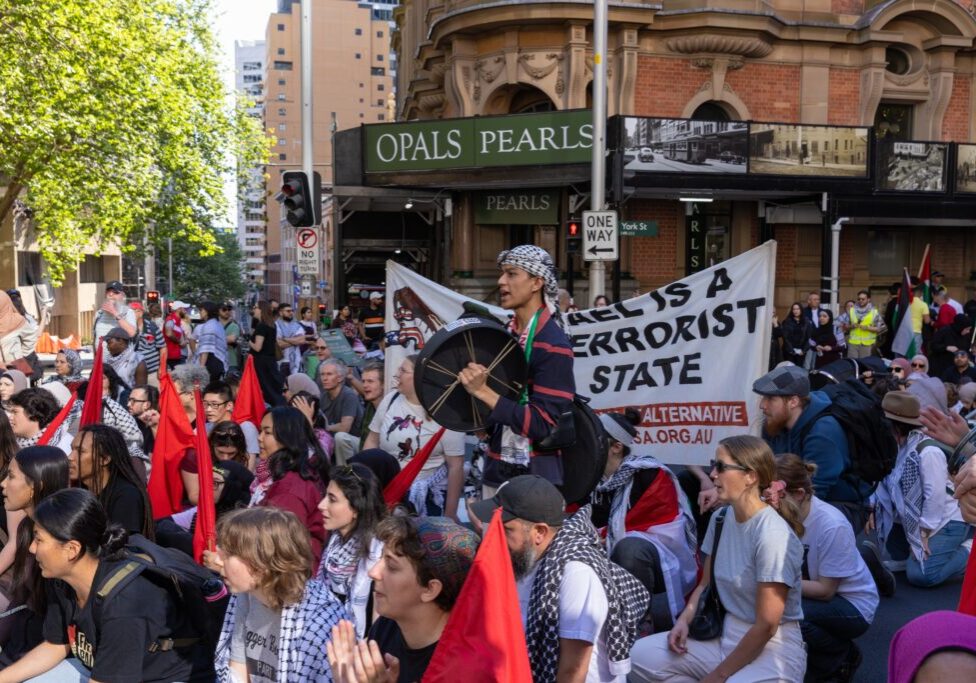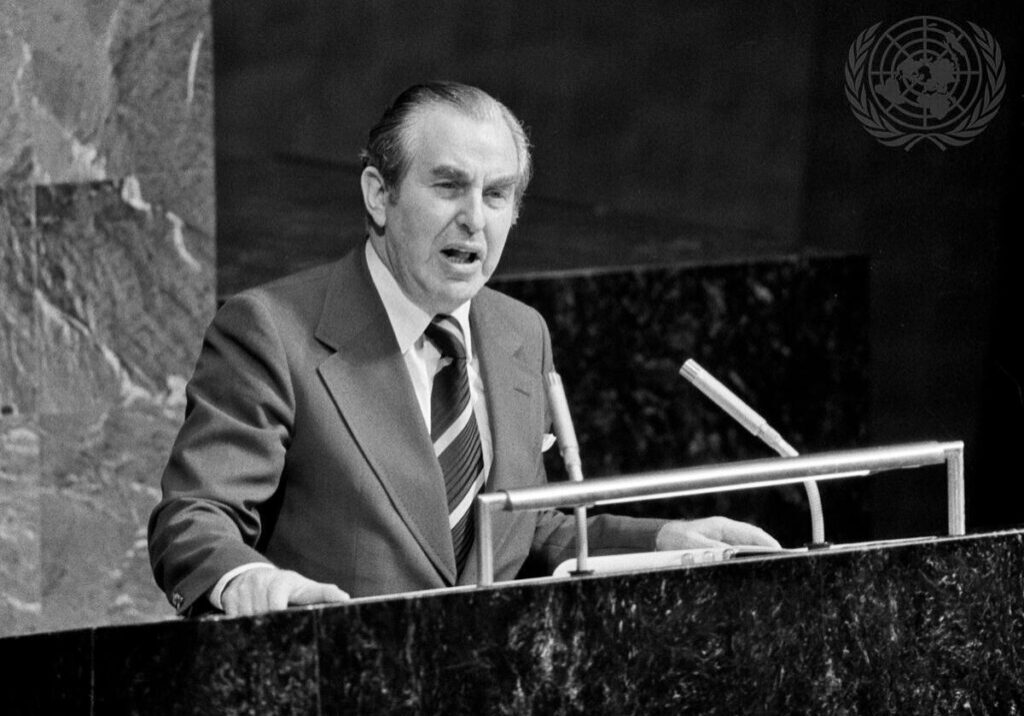Australia/Israel Review
AIR New Zealand: Columns and Calumny
Feb 27, 2008 | Miriam Bell
Miriam Bell
Columns and Calumny
Happily searching for a good merlot at the local supermarket, I sensed rather than heard the commotion in a distant part of the store. On listening more closely, I could hear a familiar voice saying something about Israel. Curiosity piqued, and clasping my bottle of wine, I headed towards the checkouts – where I found my partner engaged in a heated “discussion” with a local political columnist.
The reason for the “discussion”? An anti-Israel, anti-Zionist column, with the headline: “Sickening silence by the West on Gaza tragedy makes us all complicit”, that had been published the week before. My partner was indignant about the columnist’s distortions of fact and history.
The name of that columnist is Matt McCarten. His name, and another of his weekly columns in the Herald on Sunday, have made something of a splash in Jewish circles around the world recently.
His latest one had the headline “West stands by while a whole population is illegally jailed”. In this column, McCarten not only accused Israel of being a “terrorist state”, but compared what was going on in Gaza to the Warsaw Ghetto, alleging Israel had “imprisoned” 1.5 million Gazans and left them all “starving and without electricity.” He also said Hamas rocket fire into Israel was comparable to anti-Nazi Jewish “resistance” in the Ghetto.
Such columns are not a new phenomenon. McCarten has a history of attacking Israel in similar ultra-hateful terms and enthusing over any person or country who is anti-Israel and/or anti-Zionist. He appears to be particularly keen on Hamas and Hezbollah’s Hassan Nasrallah.
McCarten is actually a controversial figure in New Zealand. Over the years the leftist political organiser has been described as ruthless, manipulative, uncompromising, Machiavellian, divisive and self-serving. He has a history of repeatedly departing political parties in search of something purer in its political extremism.
Originally in Labour, McCarten became president of the breakaway “New Labour” and later “The Alliance” after he and others became dissatisfied with Labour’s free market policies. But after The Alliance joined a coalition government, McCarten argued it was compromising its left-wing principles and caused a bitter split, which saw most of the party’s MPs defect, and the party wiped out politically in the 2002 election. But in 2004, he had to resign from The Alliance after becoming increasingly involved with the Maori Party. He then cut his ties with the Maori Party in 2005 promising to start a new “working class” party.
Currently employed as the secretary of Unite (a union for low-paid workers), he has been criticised by others on the left for instituting an “undemocratic structure” at Unite and using the union as a “top-down vehicle for the political career of a handful of bureaucrats” (Aotearoa IndyMedia). A union contact also told me that he tends to “undermine the work of other unions”. So he is by no means a genial and/or respected public figure.
However, there are wider issues at stake here. A recent article in the Chicago Jewish News reports on a new book, Worlds Apart (by Colin Tatz, Peter Arnold and Gillian Heller), which says they have come to the conclusion that there is “chronic, endemic anti-Semitism in the academe and intellectual world” of New Zealand. The book also accuses the country’s mainstream media of “almost daily anti-Semitic and anti-Israel diatribes”.
Sadly, there is some truth in those conclusions. Many stalwarts of the Kiwi media and academia do tend to harbour opinions about Israel which are naïve, ignorant and somewhat divorced from reality.
Besides McCarten’s efforts, the New Zealand media often publishes other op-ed columnists and contributing writers who are not only no friends of Israel, but seem to delight in condemning everything about the Jewish state in the most extreme terms. For example, another prominent Kiwi columnist (for Christchurch newspaper the Press), John Minto, also recently produced a column headline “Apartheid and Palestine.” In it, he described the two-state solution as “apartheid, racist, immoral and a crime against humanity”.
Far too frequently, the New Zealand media which publishes these efforts by McCarten, Minto and their like does not publish rebuttals or balancing articles. However, in the case of McCarten’s most recent column, the Herald on Sunday did publish a rebuttal in the form of an article by Yuval Rotem, the Israeli ambassador.
Rotem described McCarten’s column as the “most pernicious he’d read in his 21-year diplomatic career.” In his article he argued that, while McCarten has every right to express his views, with the right to freedom of speech “comes a responsibility not to distort facts or inflame and play to prejudices”.
It is conventional wisdom that New Zealanders love to support an underdog, but your average Kiwi also tends to have an innate sense of justice – when presented with a factual run-down of a situation. Unfortunately, many New Zealanders are being done a disservice by the jaundiced and often incorrect information about the Middle East presented to them, by McCarten and his like, as the truth.
Incidentally, during my partner’s supermarket encounter with McCarten, all the columnist could say in reply to my partner’s questions was “but I work with some Jewish people”. Make of that what you will.
Tags: Anti-Zionism, New Zealand






